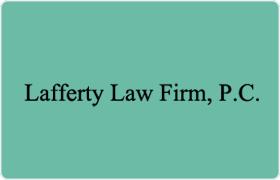Cottontown Workout Lawyer, Tennessee
Sponsored Law Firm
-
 x
x

Click For More Info:
-
Lafferty Law Firm, P.C.
1321 Murfreesboro Pike Suite 521 Nashville, TN 37217» view mapBankruptcy & Debt Over 30 Years Of Experience
Susan S. Lafferty is a CPA and Attorney who enjoys helping people with financial problems. She is located in Nashville, TN where she has lived for over 30 years.
800-936-9071
Not enough matches for Cottontown Workout lawyer.
Below are all Cottontown Bankruptcy & Debt lawyers.
FREE CONSULTATION
CONTACTSteven Francis Glaser
Government, Credit & Debt, Bankruptcy & Debt, Administrative Law
Status: In Good Standing Licensed: 38 Years
Grayson Cannon
Federal Appellate Practice, Family Law, Disability, Credit & Debt
Status: In Good Standing Licensed: 37 Years
Robert Dennis Findley
Credit & Debt, International Other, Litigation, Business & Trade
Status: In Good Standing Licensed: 27 Years
 Susan Lafferty Nashville, TN
Susan Lafferty Nashville, TN Practice AreasExpertise
Practice AreasExpertise
